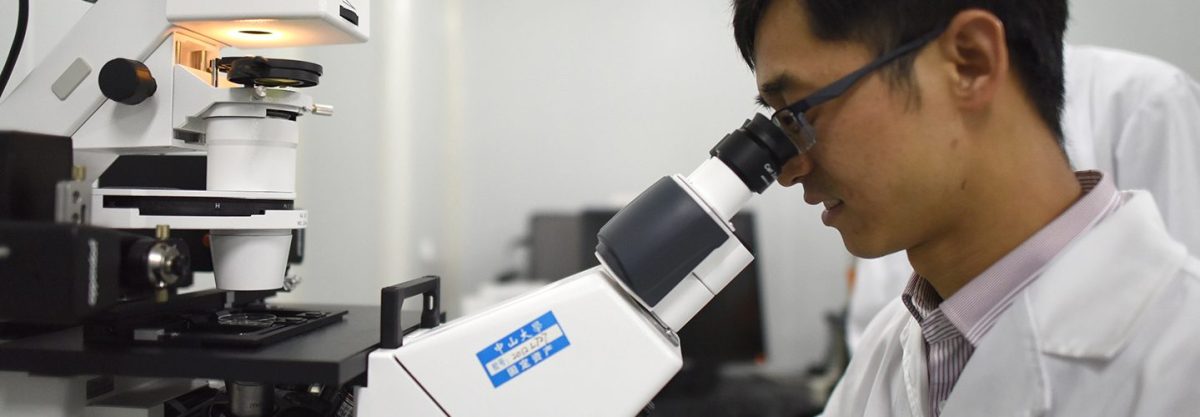The gene-editing technology CRISPR has the potential to treat and even cure any number of diseases. But to work, CRISPR has to be inside your body, reports MIT Technology Review.
Zhen-Yi Chen, a hearing researcher in Boston, had an idea. He started directly injecting the gene-editing components into the ears of mice. The mice have a genetic defect that humans also have that causes gradual hearing loss. The researchers at Chen’s lab, the Massachusetts Eye & Ear Infirmary, said the mice “saw a beautiful rescue of hearing.” It was the first example of how CRISPR is used for progressive hearing loss, writes Technology Review.
Doctors are unsure what physiological changes to ear cells genetic errors cause because the inner ear is incredibly hard to look at. But Chen says knowing what genes to blame might be enough, reports Technology Review. CRISPR allows a “one shot delivery, ” and the correction is permanent.
CRISPR is packaged into liposomes, or fatty blobs as Technology Review writes, and injected into the inner ear.
Chen and David Liu, a gene-editing specialist at Harvard University, test the animal’s hearing by putting it to sleep in a soundproof metal chamber and exposing it to various noises. There is an electrode attached to the mouse’s brain stem that reads out whether the message got through, reports Technology Review.
Chen and Liu have reported that mice treated with CRISPR retain significant hearing at two months of age.
Human ears are made up of about 16,000 cells that have sensory hairs that pick up sound. The cells are easily damaged, such as by standing too close to a speaker at a concert. Genetic conditions have the same result. Chen works on these “dominant genetic disorders” (just one parent needs to pass the gene along for the problem to show up). People with this gene start losing hearing at 25 or so and are profoundly deaf by 50, writes Technology Review.
Chen’s next step is to work with pigs that are genetically modified to have the same gene mutations as humans do. If a CRISPR injection can prevent the pig from going deaf, Chen wants to move on to humans.
This article was featured in the InsideHook newsletter. Sign up now.
























